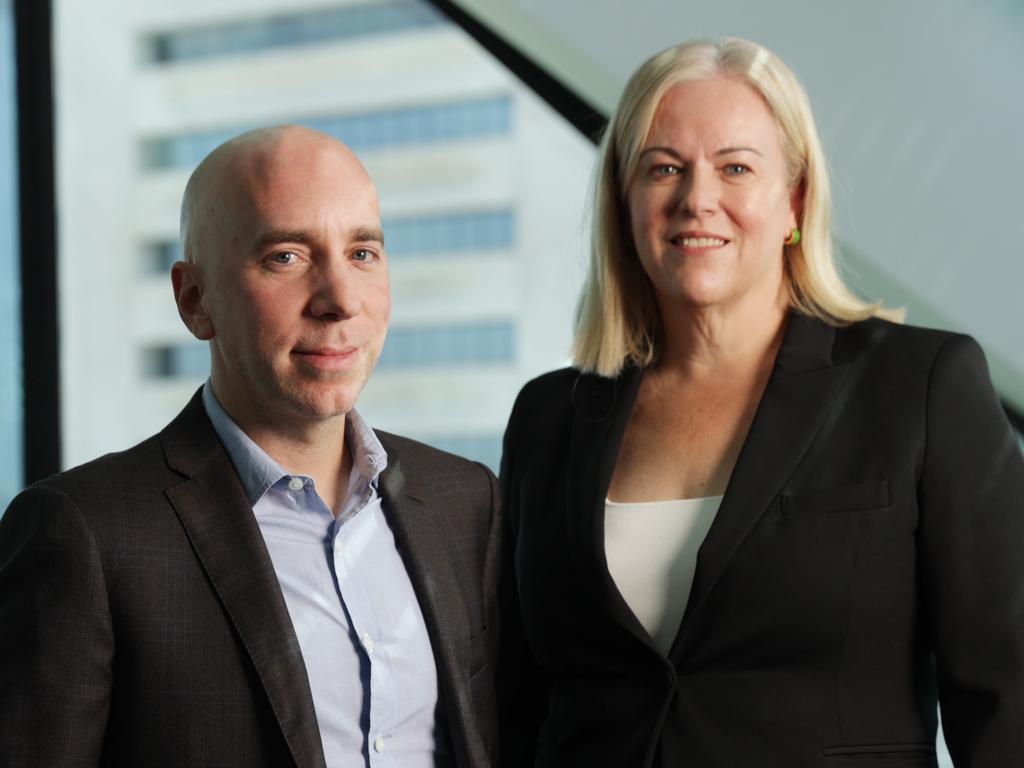
But not everyone thinks governments have a role to play in promoting children’s welfare. “Demanding the government be involved in policing social media is a preposterous idea,” argued Angela Shanahan in these pages over the weekend, “because even if the government could rein in social media, it cannot fix the ills that assail modern families.”
Shanahan’s commentary raises many salient points about the negative impact permissive parents have on their kids. She points out that it is common to see babies and toddlers given smartphones while out at cafes. She notes, rightly, that teachers cannot fix poor attention spans if children cannot read, because they have spent their formative years swiping left or right on mum’s phone.
Shanahan is not wrong when she bewails the impact of parental permissiveness towards screens, particularly in the context of very young children. Of course babies and toddlers should not be plonked in front of the iPad for hours on end, and of course parents should be reading to their children, providing stimulating environments, as well as a healthy dose of discipline. This is common sense.
But where Shanahan misses the point entirely is when she dismisses the impact smartphones and social media have on adolescents – particularly those aged 10 and older – the age at which many children are given their first phone.
My son is 10 and does not have a phone. But I know children who do. Phones are usually given to children by parents out of safety concerns, when they first start catching public transport to and from school. (I don’t actually agree phones are necessary for this purpose, but to dismiss every mum and dad who gives their child a phone for this purpose as a “bad parent” is simply lazy.)
The truth is many parents – who are busy working and paying off mortgages – are just unaware of the state of scientific research. Most parents are unaware the age at which a child receives their first phone is strongly correlated with poorer mental health outcomes later in life. Most parents are unaware depression is socially contagious (especially among teen girls) and the rise of gender dysphoria in the past decade is thought to at least be partially explained by social media. Most parents are unaware a recent smartphone ban in Norwegian schools resulted in fewer psychiatric consultations for kids, less bullying, and higher grades and test scores. The Norwegian study results were most pronounced in girls from poorer families.

In my experience, parents of 10-year-olds tend to be naive when it comes to smartphones. But ask any parent of an older teenager and their face will suddenly morph into a thousand-yard stare. Parents are up against Meta (the owner of Instagram and Facebook), which has a market cap of $US1.19 trillion (the total GDP of Australia is only slightly higher), and TikTok, widely considered by national security experts and lawmakers to be a “spy app” and owned by a company with connections to the Chinese Communist Party.
When parents fail in efforts to control their adolescents’ use of these apps, do we want to blame average mums and dads – who are already stressed and struggling – rather than foreign-owned corporations with multibillion-dollar profits? It’s understandable some of us would prefer to place the blame at parents’ feet rather than tech companies. Blaming other parents can make us feel good about ourselves, particularly if we don’t have a child in the clutches of addiction, eating disorder or gender dysphoria.
Not every parent with a child struggling with addiction or poor mental health is a bad parent. Indeed, some of the most dedicated and loving parents grapple with highly distressed children, often without support from our governments. Activists concerned about the impact of social media on children propose a simple solution: raise the legal age from 13 to 16 at which companies can target children, and require them to implement effective age verification mechanisms. This is similar to what we expect from those who sell alcohol, cigarettes and pornography – why should we lower our standards for addictive tech?

Of course it is much too simplistic to place the blame for all our social ills on social media. But whether it is depression, anxiety, disordered eating, self-mutilation, gender dysphoria or radicalisation into extremist ideologies, social media can act as an accelerant in vulnerable children.
While other factors, such as good parenting and good schools, can act as a buffer, this does not absolve multibillion-dollar tech companies of their responsibilities. These firms, which profit from the engagement and attention of young users, can and should be regulated. If legislators have no role in regulating vice merchants who target kids, what is the point of having lawmakers at all?
While I agree with the libertarian criticism of Australia’s nanny state in many respects, we need to draw a sharp line between addictive vices marketed towards adults and addictive vices marketed towards children. If it is not preposterous for the government to regulate access to alcohol, cigarettes and pornography for children, why is it “preposterous” to regulate access to social media?
Claire Lehmann is founding editor of Quillette online magazine.






A growing movement of concerned parents is coalescing around the idea that smartphones and social media are more toxic for children than previously thought, and is lobbying governments to do something about it.